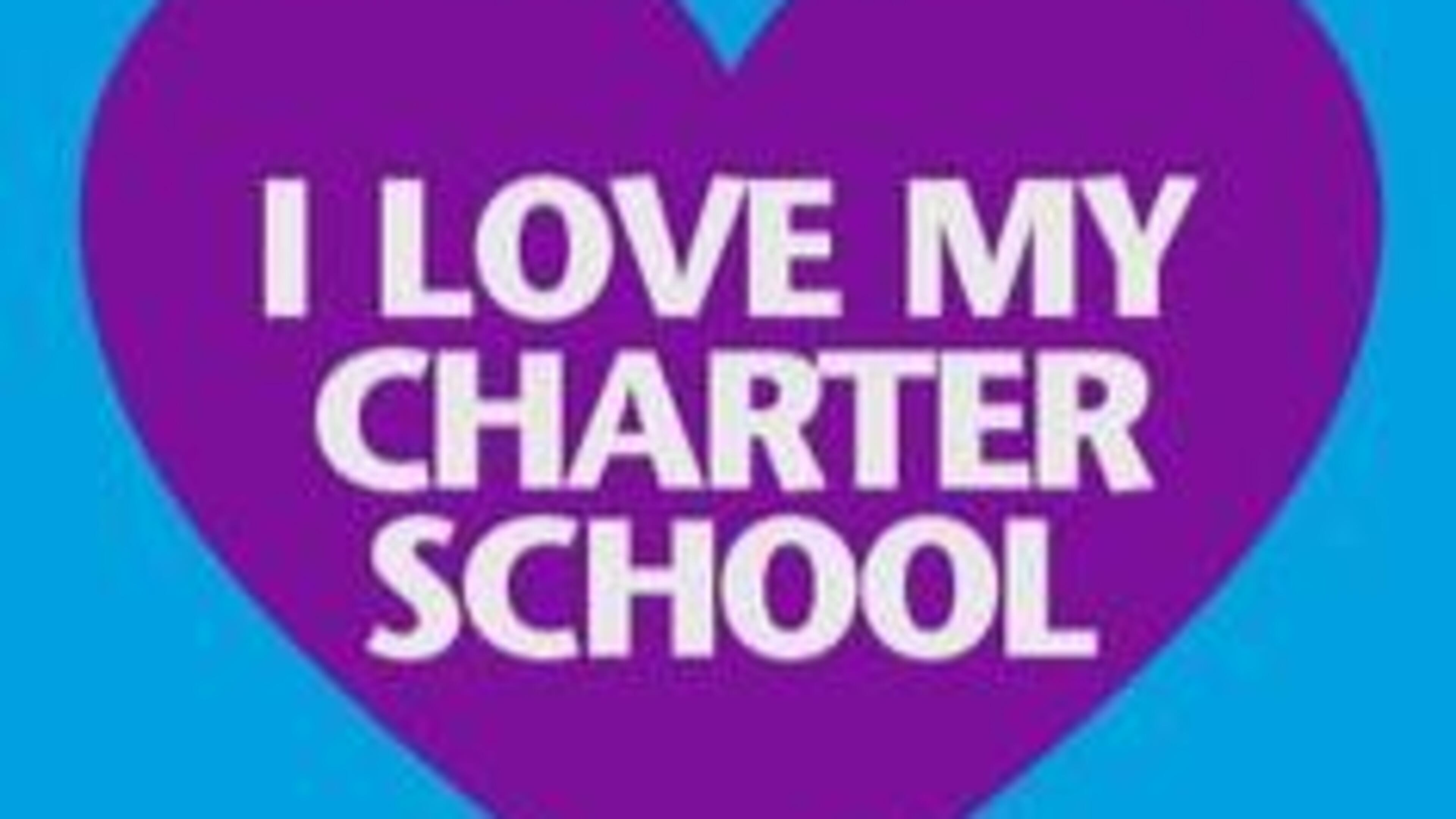When parents love their charter school despite its poor performance

I have heard from parents lately worried their children’s charter schools could close because of dismal academic scores. They understand the schools aren’t meeting the academic bar required in their contract, but say the program works for their child.
And that’s what matters to them.
Charter schools are public schools that operate under a charter or contract that extends them flexibility from certain rules in exchange for raising student achievement.
In Georgia, most charters are approved by local school boards, but about 38 are authorized and overseen by a state entity, the State Charter Schools Commission.
Many Georgia students now attend virtual charter schools where they learn via a computer. Nationwide, virtual charters are facing scrutiny for the amount of public dollars they collect and the abysmal results they produce, especially at the high school level.
Nationally, half of all virtual charter high schools had graduation rates below 50 percent in the 2016-17 school year, according to an analysis by the Education Week Research Center.
Even charter school champions are urging a rethinking of online charters in view of disappointing academics. In late June, my AJC colleague Ty Tagami wrote about the uncertain fate of Georgia Cyber Academy which received $90 million in state and federal funds this past year.
After years of poor academic results and the spending of tens of millions of taxpayer dollars, 10,000 students might have to find another school, unless recent changes have succeeded in turning the school around. Georgia Cyber Academy's leadership has overhauled everything from management to curriculum. Parents will learn by early next year whether that was enough to secure another five-year charter for the statewide school.
The problem presented by Georgia Cyber Academy is twofold: For years, it has struggled with academic achievement. Last year, it earned zero out of a possible 100 points in the academic part of the State Charter Schools Commission's scoring system. That's down from one point in each of the preceding three years. The scores are based mostly on state standardized test results. The 2019 test results, due later this year, will inform the charter renewal decision.
The ineffectiveness of Georgia Cyber and other online schools is not surprising given the research indicating that relationships play a major role in whether students flourish. Bonds between students and teachers are even more consequential for kids who are adrift and require consistent and caring adults to motivate and inspire them.
But back to the question of how to treat charter schools that, while failing many students, aren’t failing every student. That poses a tough situation for the parents of the successful ones. However, it’s also a situation that existed long before the first charter school opened its doors in Georgia.
School choice advocates in the Legislature insist Georgia families need alternatives to public schools that are failing. But every low-performing school boasts some kids who excel. And those families often revere their schools.
When DeKalb County a few years ago considered closing some underperforming and under-enrolled schools, parents packed the hearings and declared they loved the schools, the principals and the teachers. Second-graders stood on their tiptoes to reach the microphone and share how sad they’d be to lose their school.
Parent protests have prevented some schools from closing, although the outcries haven’t always stopped reconstitutions in which the staff is replaced or leadership is changed, including bringing in outside management, as happened in Atlanta.
That prompts parents who don’t want their charter schools closed for terrible performance to ask: If floundering traditional public schools remain open, why can’t struggling charters?
That question calls for a review of the initial impetus behind charter schools -- to foster innovations that would lead to improved student achievement. The goal was never to create a parallel public school system producing similar or even worse outcomes. That’s both costly and counter productive.
Your thoughts?



